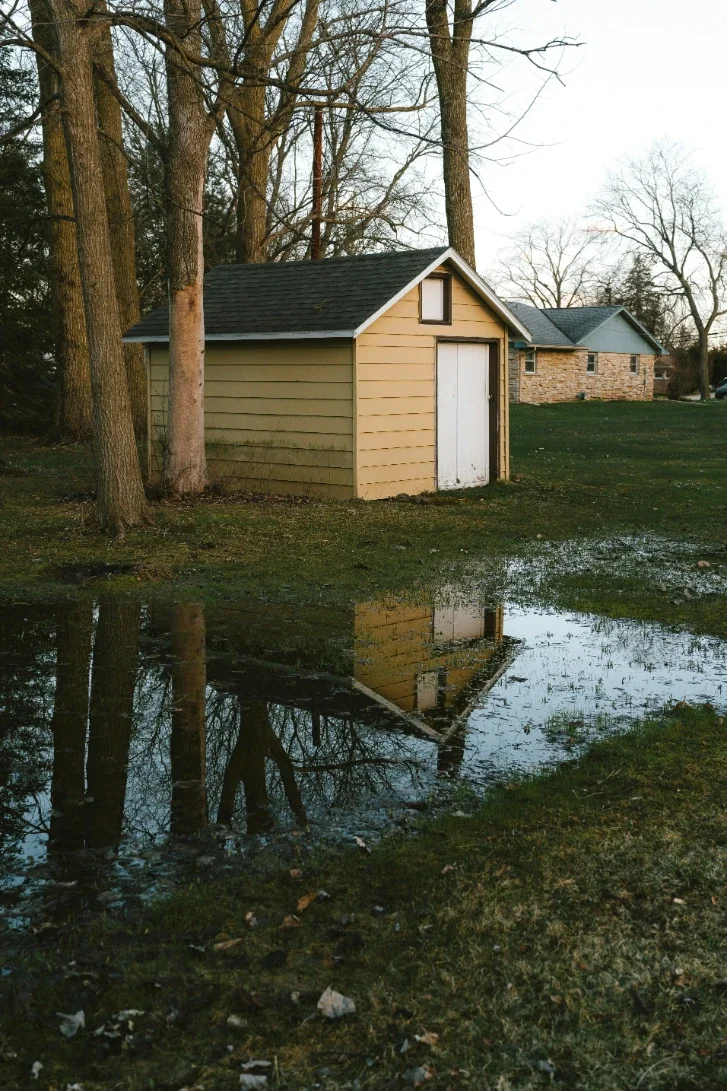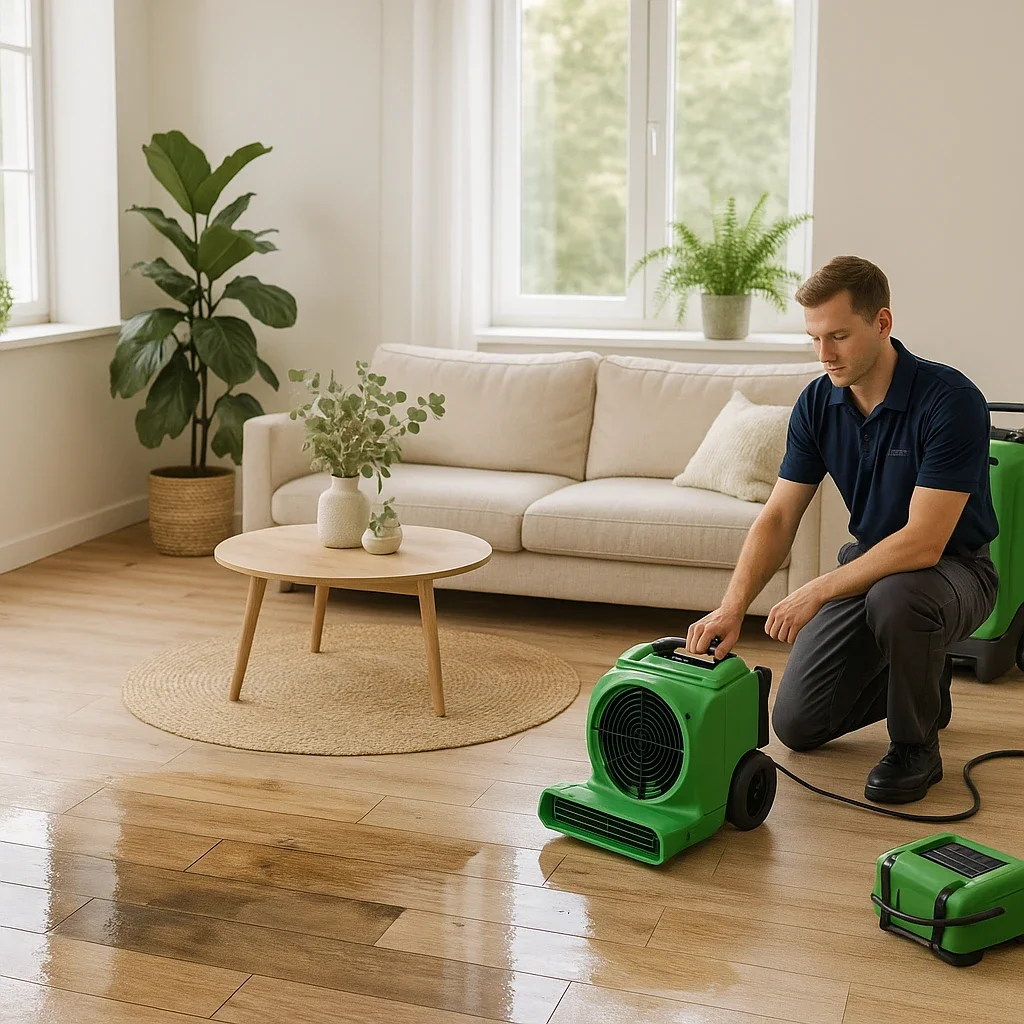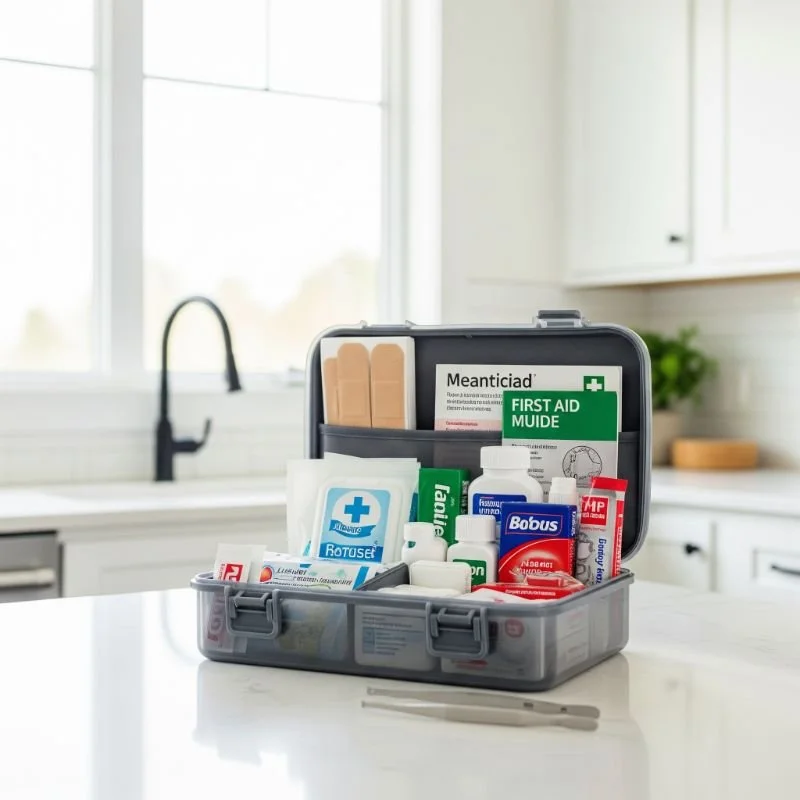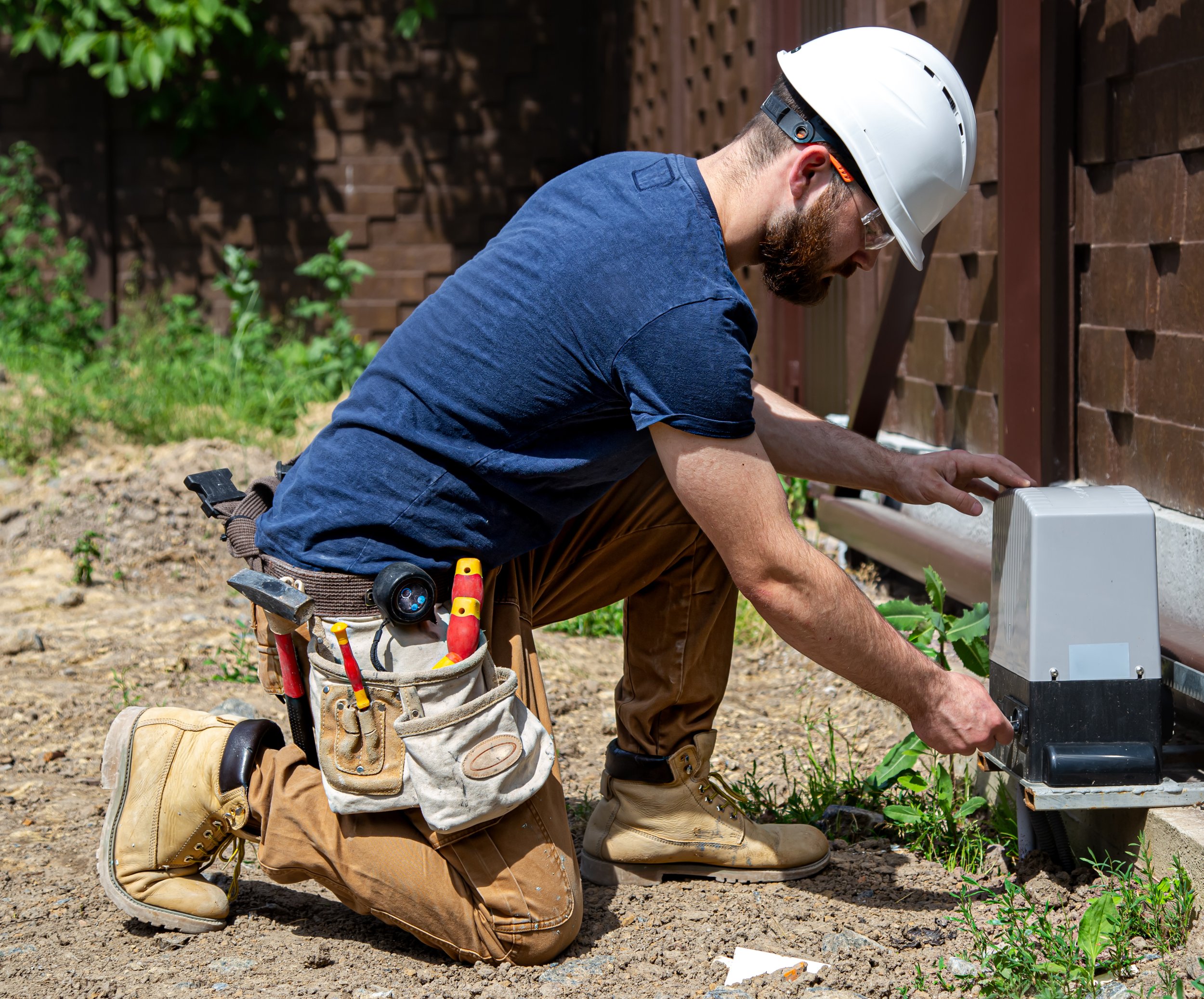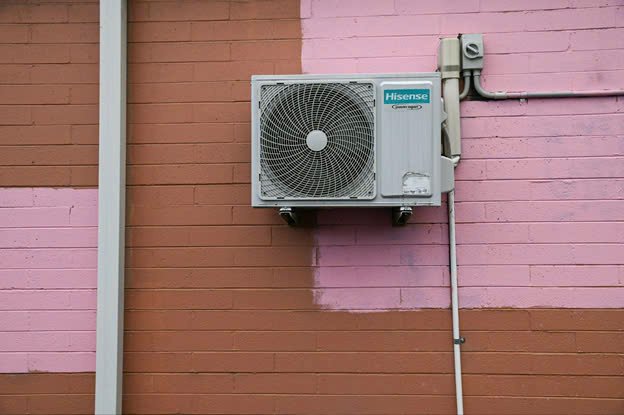5 Essential Tips for Maintaining Your Pressure Washer's Efficiency
Keep your pressure washer running efficiently with these 5 essential maintenance tips. Learn how to clean, store, and care for your equipment for long-lasting performance.
Pressure washers are incredible tools that make cleaning tasks quick and efficient. Whether you use them to clean your car, driveway, or patio, they save time and effort.
You can even extend the versatility and reach of your pressure washer. Using accessories like a pressure washer extension wand is an excellent way to clean hard-to-reach areas without the need for ladders or excessive stretching.
However, like any powerful tool, pressure washers require regular maintenance to keep working efficiently. Ignoring maintenance can lead to decreased performance and even damage over time.
Here are five tips to ensure your pressure washer remains in top shape.
1. Regular Inspection and Cleaning
Regular inspections are essential for maintaining the efficiency and longevity of your equipment while avoiding costly repairs. Catching minor issues early, like a clogged spray tip or nozzle, prevents them from escalating into major problems that can disrupt performance. Even a small obstruction can significantly reduce water pressure, making tasks more difficult and time-consuming. Similarly, inspecting hoses and connections is crucial. Check for cracks, leaks, or loose fittings that could compromise functionality or lead to water wastage. Addressing these issues promptly ensures your equipment operates at its best, saving you both time and money. Routine maintenance through inspections keeps everything running smoothly and helps you avoid unexpected setbacks.
2. Proper Storage
Proper storage of your surface cleaner is vital for maintaining its performance and extending its lifespan. Start by always draining any remaining water from the pump after use, as leftover water can freeze in colder temperatures, leading to internal damage. This simple step prevents costly repairs and ensures the machine stays in good condition. Additionally, store your pressure washer in a dry environment to avoid exposure to moisture, which can cause rust and electrical problems. Protecting it from extreme weather, dust, and humidity will keep its components in top shape. By following these storage practices, you can maximize your equipment’s durability and reliability, ensuring it’s ready to perform whenever you need it.
3. Use the Right Detergent
Choosing the right detergent is essential for both effective cleaning and maintaining your equipment’s health. Using a detergent that’s not compatible with your machine can cause significant issues, such as corrosion, clogging, or internal damage. Always consult your user manual to determine which detergents are safe for your model. The correct detergent enhances cleaning efficiency without harming the machine, ensuring optimal performance. When diluting detergent, carefully follow the manufacturer’s recommended ratios. Overly concentrated solutions can clog components or damage internal parts, reducing the equipment’s lifespan. Proper detergent selection and preparation not only improve results but also protect your investment, making it a crucial step in your cleaning routine.
4. Check and Replace Oil
Oil is the lifeblood of your pressure washer’s engine, much like it is for your car, and regular maintenance is key to keeping it running smoothly. Check the oil levels routinely, following the guidelines in your user manual. If the oil appears old or dirty, it’s time for a change, as degraded oil loses its ability to lubricate effectively. This can lead to increased friction, overheating, and premature wear on the engine’s components. When replacing oil, always use a high-quality type recommended by the manufacturer to ensure optimal lubrication and performance. Proper oil maintenance not only extends the life of your pressure washer but also ensures it operates efficiently and reliably for all your cleaning needs.
5. Monitor and Replace Worn Parts
Parts wear out — no big surprise there. Yet, consistent monitoring can save you from unexpected breakdowns.
Pay close attention to seals, O-rings, trigger guns, and rubber components. Over time, these pieces can deteriorate due to exposure to water and cleaning chemicals.
Replace any worn or damaged parts immediately. While doing this might seem tedious, it's like changing a flat tire before a road trip — absolutely necessary!
Maintaining your pressure washer doesn't have to be complicated or time-consuming. Following these essential tips is an excellent first step to keep your machine running efficiently for years to come.
FAQ
1. Can I use my pressure washer in freezing temperatures?
It's not advisable unless you have a machine specifically designed for freezing conditions. Freezing water inside the pump or hoses can cause severe damage.
2. How often should I replace the oil?
Consult your user manual for specific guidelines. Typically, it's good practice to change the oil after about 50 hours of use or annually.
3. Is there a specific maintenance schedule I should follow?
Yes! Refer to your user manual for a detailed maintenance schedule tailored to your specific model.




